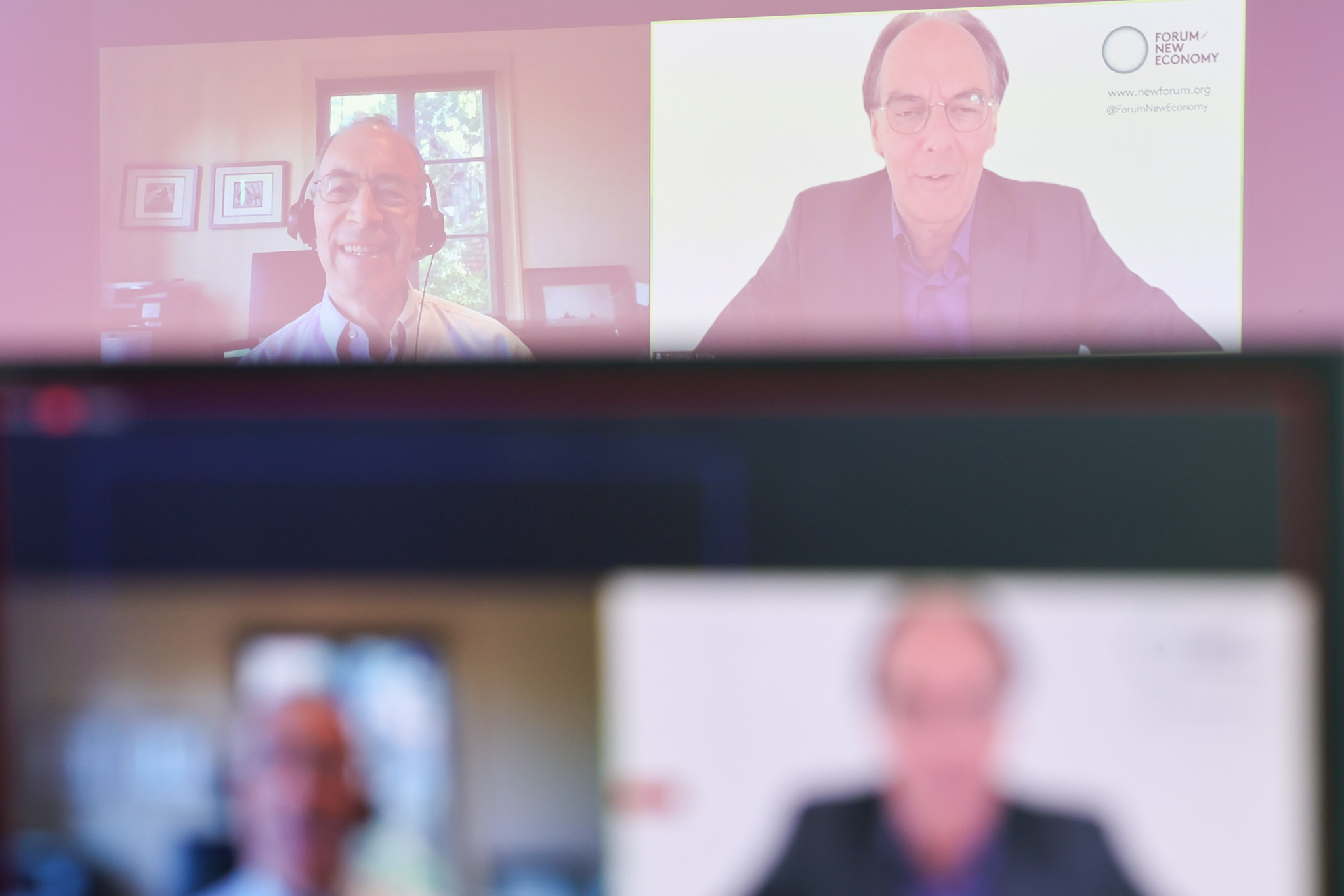THE STATE
Rethinking the World Bank’s Doing Business Index
From his experience in the external panel which reviewed the World Bank’s Doing Business project last year, Alan Auerbach reflected on the main methodological concerns.
BY
MAREN BUCHHOLTZPUBLISHED
30. MAY 2022READING TIME
2 MIN
The news around data manipulation in the ‘Doing Business’ report brought the World Bank to the headlines last fall and contributed to the decision to fundamentally revise the methodology. A new version of the index is projected to be released in 2023. The draft concept for this new ‘Business Enabling Environment’ report (World Bank 2022) envisages a more balanced representation of public and private actors, following the recommendations by the expert panel review published last year (Alfaro et al 2021).
One of the authors, Professor Alan Auerbach (UC Berkeley), explained the main points of critique regarding the Bank’s methodology at our X New Paradigm Workshop in Berlin on May 24 and 25. One particular indicator concerning the role of government, the ‘paying taxes’ indicator, overemphasized the business climate and encouraged low taxes. Prof. Auerbach explained that while the Bank has altered the method to prevent a ‘race to the bottom’ on corporate taxes in the past, it has not questioned the overall business-friendly approach which tended to underestimate the positive role of public revenue in enabling business activity. Another contentious point was the ‘employing workers’ indicator, which the expert panel recommended to reintroduce. By temporarily halting measurement of this indicator, the Bank had avoided the difficult discussion on the trade-off between labour market flexibility and workers protection. The expert group challenged the ‘Doing Business’ project to factor in additional aspects such gender equality, the growing importance of services compared to manufacturing and the high importance of the informal economy in developing countries.
For both indicators, the expert panel recommended data collection without an explicit country ranking. Ala Auerbach recounted that there seemed to have been ambivalence within the expert group on the question of the aggregation between those arguing that it might be better for World Bank staff to publish the aggregate index given that interested individuals and/or companies might do this otherwise and those advocating for the ranking´s discontinuation on the grounds that it had led to an unnecessary ‘horse race’ between countries.
Irrespective of the ranking, the data collected as part the ‘Doing Business’ report remains a valuable source of information, especially regarding aspects of good governance, according to Prof. Auerbach. The World Bank may regain its lost trust by carrying out the new report with more transparency on its methodology and a clearer objective on how to address the underlying conflicts between the promotion of business and the promotion of societal welfare.

